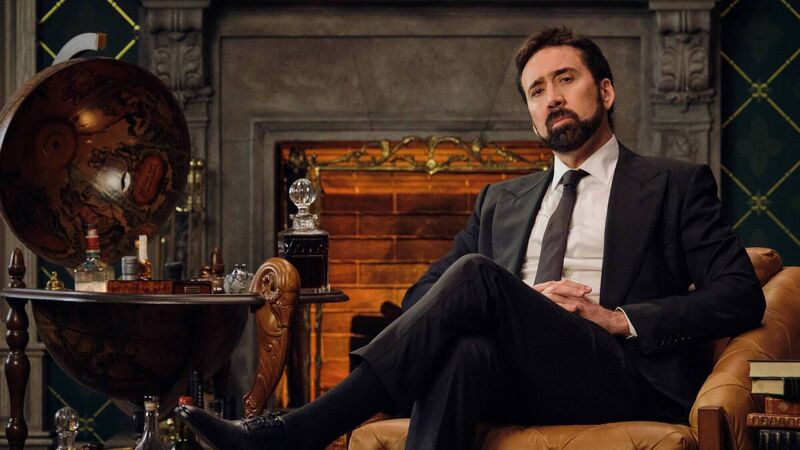Gowl, eejit, langer: Perhaps the Netflix show on swear words needs a Cork episode

Nicolas Cage in History of Swear Words on Netflix.
She's a linguistics professor who studied at numerous universities but one word in particular was new to Dr Barbara Siller when she moved to Cork — 'langer'.
However, Dr Siller, the programme director of Applied Linguistics at University College Cork, was more than capable of deciphering the meaning from the context. She was commenting on Netflix show History of Swear Words, hosted by Nicholas Cage — a loud and proudly profane series that explores the history and cultural impact of curse words. Through interviews with experts in etymology, rappers, historians, and comedians, the series dives into the origins of 'bad language' or swear words.




